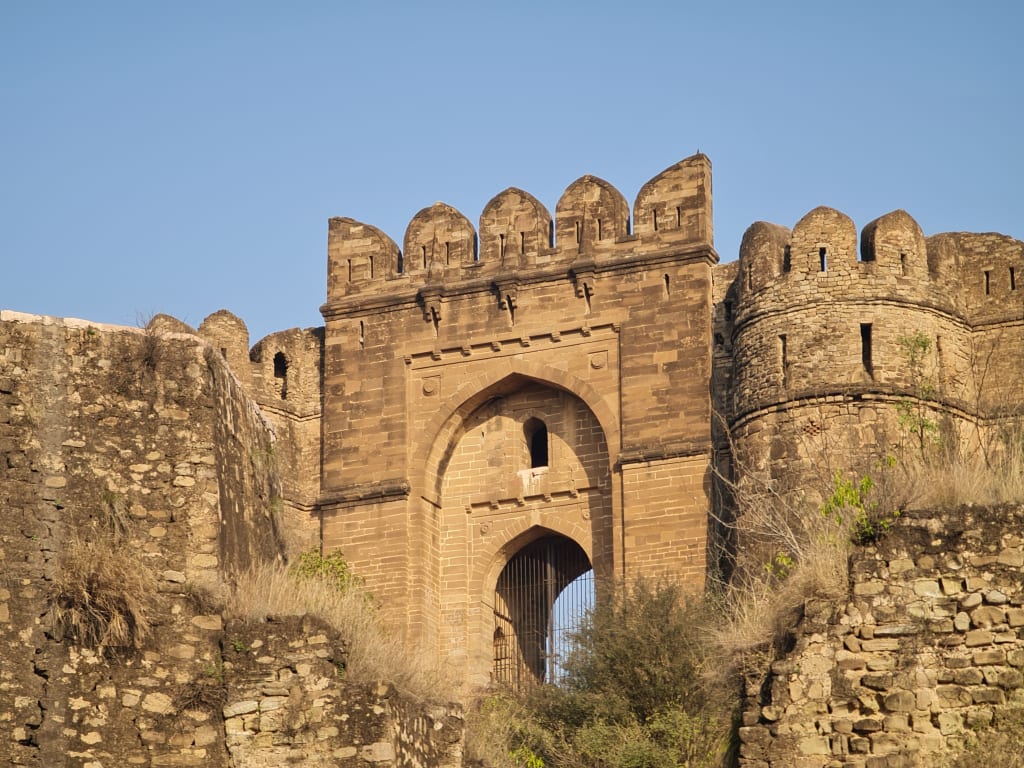How Pakistan came on the map of World
History of Pakistan

Pakistan is a nation in South Asia that is officially referred to as the Islamic Republic of Pakistan. To the east, it borders India, to the west, Afghanistan, and Iran, and to the north, China. Additionally, it has a southern Arabian Sea shoreline. The largest city in terms of both population and economic importance is Karachi, while Islamabad is home to the country's capital.
Pakistan's history is a multi-millennia-old, intricate, and interesting one. Here is a quick rundown of the significant occasions and eras in Pakistan's history:
Ancient Civilizations: People have lived in the area that is now Pakistan for a very long period. One of the world's first urban civilizations, the Indus Valley Civilization, existed there around 2500 BCE. The Indus Valley Civilization was known for its excellent drainage systems, advanced city design, and unfinished writing system.
The Aryans arrived in the area around 1500 BCE, bringing with them their language and cultural customs. The ancient writings known as the Vedas were created during the Vedic Period, and they had a profound impact on the development of the Indian subcontinent's religious and intellectual traditions.
The Mauryan and Gupta Empires: During the rule of Emperor Ashoka (268–232 BCE), the Mauryan Empire expanded its sway over the area. Ashoka accepted Buddhism and promoted it all over his hegemony. Later, a period of affluence and cultural advancement was ushered in by the Gupta Empire (4th–6th century CE).
Muslim Invasions: Beginning in the eighth century, Muslim Arabs began to invade the area, which was thereafter invaded by Turks and Afghans in later centuries. Islam was spread throughout the region through these invasions, and from the 12th to the 18th centuries, Islamic dynasties like the Delhi Sultanate and the Mughal Empire ruled over portions of what is now Pakistan.
British Rule: Throughout the 18th and 19th centuries, the British East India Company increasingly consolidated its power over the Indian subcontinent. Direct British rule was established following the Indian Rebellion of 1857, and the area was included to British India. The All India Muslim League, established in 1906, promoted Muslim rights and grew to play a significant role in the drive for a Muslim state.
Partition and Independence: In 1947, India was split in two due to demands for a separate Muslim nation. East Pakistan, now known as Bangladesh, and West Pakistan, now known as Pakistan, formed the newly established Dominion of Pakistan. Pakistan's first Governor-General and first President were both Muhammad Ali Jinnah.
Early Years: In Pakistan's early years, it was confronted with a number of difficulties, including as the large-scale migration of people across the newly established boundaries, racial violence, and disagreements with India over the princely states of Jammu and Kashmir. With sporadic military rule, the nation adopted a parliamentary form of government.
Bangladesh's Independence: In 1971, East Pakistan separated from West Pakistan due to political and economic grievances. This sparked a bloody battle that ultimately resulted in the establishment of Bangladesh as an independent state.
Democracy and Military Coups: In Pakistan, there have been numerous military coups and periods of martial law. The country was directly ruled by the military throughout a considerable portion of its history. However, sporadic civilian governments have also been installed, and in recent years, the nation has made the move to a more democratic structure.
Challenges and Progress: Political instability, terrorism, economic disparity, and regional conflicts are just a few of the difficulties Pakistan has had to deal with. However, the nation has also achieved strides in a number of areas, including athletics, science, and technology. Pakistan continues to play a significant role in regional geopolitics and is working towards social and economic transformation.
This summary gives a general overview of Pakistan's history, however the rich and varied tapestry of its past contains a lot more information.
About the Creator
Adil Shabbir
Humble person with deep thoughts.
Just describing my emotions in words.






Comments
There are no comments for this story
Be the first to respond and start the conversation.